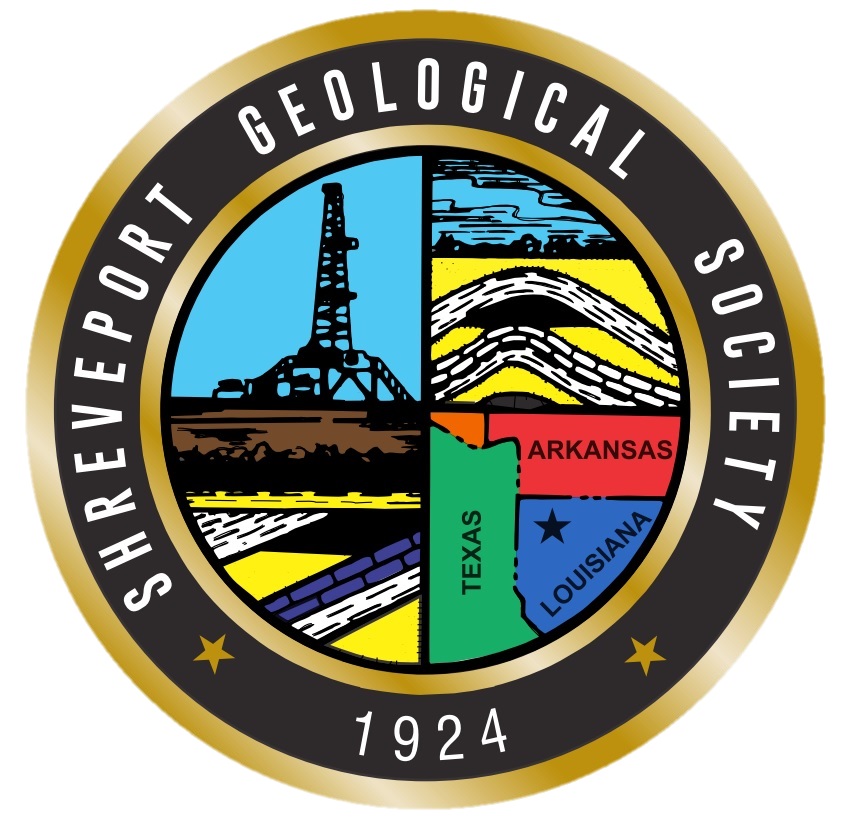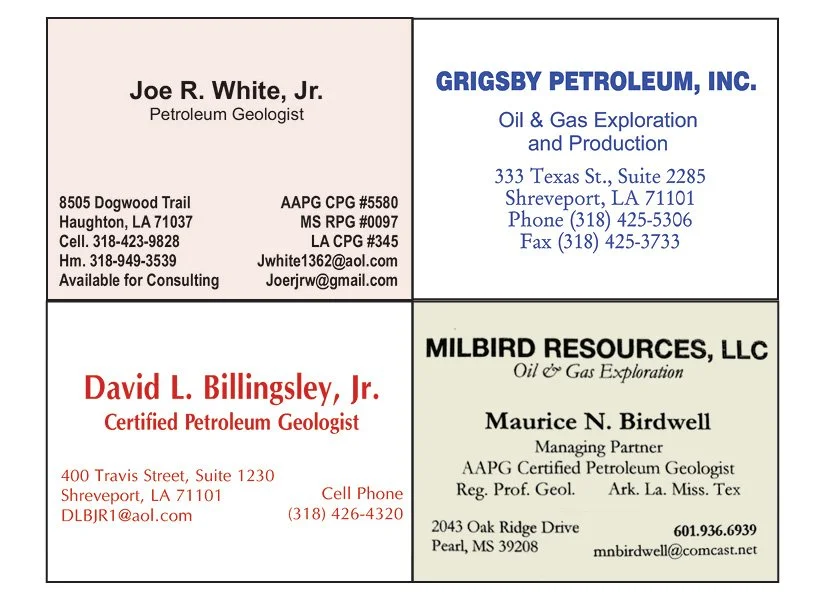The Petroleum Club of Shreveport, 15th floor
Cost: $20, Children 10 and under $8
We encourage members to invite guests, spouses, and friends to any of our meetings.
If you’d like a seat, kindly use the form below to make your reservation by the preceding Friday.
You may also RSVP by email or phone to Scott Comegys at scomegys@obrienenergyco.com or 318-841-2702.
Biography
Peter R. Rose
Pete Rose (Ph. D., Geology, University of Texas, Austin) has been a professional geologist for 56 years, specializing in Carbonate Stratigraphy, Petroleum Geology, Basin Analysis, E&P Risk Assessment, and Mineral Economics. In 1998, he founded Rose & Associates, LLP. Pete retired in 2005; the Firm continues as the global standard among consulting companies in the field of E&P Risk Analysis.
His 2001 AAPG book, Risk Analysis and Management of Petroleum Exploration Ventures, now in its 7th printing, is widely considered to be the "Bible" in its field, and has been translated into Japanese, Chinese, and Russian. He has authored or co-authored more than 80 published articles and over 300 presented papers on an extremely wide variety of topics (Micropaleontology to Petroleum Economics!). From 2001 to 2004 Pete wrote a regular column, "The Business Side of Geology", for The Explorer, AAPG’s monthly news magazine. ...
Abstract
Cognitive bias, in its many manifestations, is the major cause of geotechnical overestimation and faulty probability forecasts in petroleum geoscience. The five most prevalent cognitive biases in petroleum E&P are: Confirmation Bias; Overconfidence; False Analogs; Anchoring; and Motivational Bias. They are caused by premature selection of theory, personal hubris, lack of perspective, lack of imagination, laziness, and excessive self-interest. Important influences include the existing organizational reward system, economic pressure for objective geotechnical results, and the anticipated consequences of project reviews and evaluations. In fact, the field of E&P Risk Analysis emerged during the 1980s to help identify and reduce bias in assessing the value of new plays and prospects. Companies that routinely utilize disciplined methods of Risk Analysis tend to deliver on their E&P promises.
Pioneering work by Nobel laureate Daniel Kahneman, his late colleague Amos Tversky, and others since the 1970s has made scientists much more aware of the dangers that Cognitive Bias pose for the practice of objective, reliable science. Even so, increasing awareness of obvious agenda-serving scientific publications, slanted peer review (“pal-review”), withholding of codes and formulae, unreproducible experimental results, and scientific fraud indicate that procedures to identify and limit Cognitive Bias are not being appropriately utilized throughout the scientific community. This is probably because many of the organizational and economic pressures routinely experienced by E&P geoscientists are not as intensely or widely operative within academic and governmental organizations. ...
Paid members of the Shreveport Geological Society can read the speaker's full abstract and biography in the newsletter by logging into the Members Area.








































